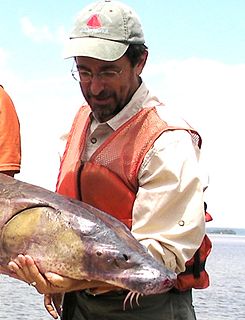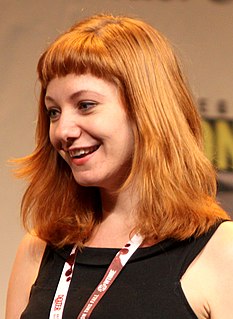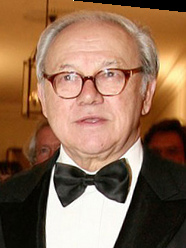A Quote by Ann Druyan
I found that it was easiest to convey the information in the context of the life of the scientist or in the context of our own personal experience, and there was no idea that was too complicated that couldn't be explained clearly and directly.
Related Quotes
Pictures are the idea in visual or pictorial form; and the idea has to be legible, both in the individual picture and in the collective context - which presupposes, of course, that words are used to convey information about the idea and the context. However, none of this means that pictures function as illustrations of an idea: ultimately, they are the idea. Nor is the verbal formulation of the idea a translation of the visual: it simply bears a certain resemblance to the meaning of the idea. It is an interpretation, literally a reflection.
A text makes the word more specific. It really kind of defines it within the context in which it is being used. If it is just taken out of a context and presented as a sort of object, which is what - you know, which is a contemporary art idea, you know. It is like an old surrealist idea or an old cubist idea to take something out of context and put it in a completely different context. And it sort of gives it a different meaning and creates another world, another kind of world in which we enter.
I like the boundaryless potential you get when you make work for a context that is open to interpretation. Thinking about an art context is too claustrophobic, though. I always hope that at least half my audience is not directly related to the art world. I use art as a balancing act. It's a good way of avoiding everyday chores and social obligations.
Our main source of psychic energy in the future will depend on our ability to understand this symbol of evolution in an acceptable context of interpretation. Only in the context of an emergent universe will the human project come to an integral understanding of itself. We must, however, come to experience the universe in its psychic as well as in its physical aspect. We need to experience the sequence of evolutionary transformations as moments of grace, and also as celebration moments in our new experience of the sacred.
I believe that we are a story-driven species and that we understand how things are put together, in the context of narrative. It's a shame that science hasn't been taught that way, in a long time. It's usually the fact completely devoid of any human experience or any idea of how the scientist came to that conclusion.
[talking about the Holocaust] 'But to put something in context is a step towards saying it can be understood and that it can be explained. And if it can be explained that it can be explained away.' 'But this is History. Distance yourselves. Our perspective on the past alters. Looking back, immediately in front of us is dead ground. We don't see it, and because we don't see it this means that there is no period so remote as the recent past. And one of the historian's jobs is to anticipate what our perspective of that period will be... even on the Holocaust.
When you ask why did some particular question occur to a scientist or philosopher for the first time, or why did this particular approach seem natural, then your questions concern the context of discovery. When you ask whether the argument the philosopher puts forth to answer that question is sound, or whether the evidence justifies the scientific theory proposed, then you've entered the context of justification. Considerations of history, sociology, anthropology, and psychology are relevant to the context of discovery, but not to justification.





































